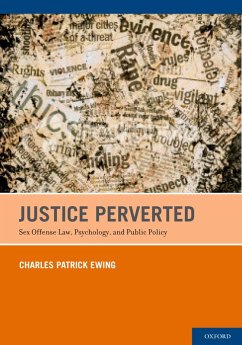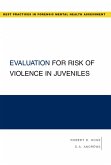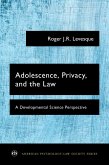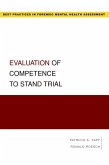Over the past quarter century Congress, state legislatures and the courts have radically reshaped America's laws dealing with sex offenders in an effort to reduce the prevalence of sex offenses. Most convicted sex offenders must now register with the authorities, who then make information about them available to the public. Possession of child pornography has been made an extremely serious crime often punishable by prison sentences that dwarf those meted out to child molesters, rapists, robbers, and even killers. Federal law now imposes a minimum sentence of ten years in prison for those convicted of using the internet to attempt to lure minors for sex. And the federal government and 20 states have "sexually violent predator" laws that allow the indefinite civil commitment of convicted sex offenders to secure institutions for treatment after they have served their full criminal sentences. All of these changes in sex offender law, as well as numerous others, have been based at least in part on input from psychology, psychiatry and the social sciences. Moreover, enforcement and administration of many of these laws relies to a large extent on the efforts of mental health professionals. However, many questions about this involvement remain largely unanswered. Are these laws supported by empirical evidence, or even by well-reasoned psychological theories? Do these laws actually work? Are mental health professionals capable of reliably determining an offender's future behavior, and how best to manage it? Finally, are experts capable of providing effective treatment for sex offenders -- i.e., treatment that actually reduces the likelihood that an identified sex offender will re-offend? In
Justice Perverted, Charles Patrick Ewing poses these difficult questions and others that few in either law or psychology have asked, much less tried to answer. Drawing on research from across the social and behavioral sciences, he weighs the evidence for the spectrum of sex offense laws, to occasionally surprising results. A rational look at an intensely emotional subject, Justice Perverted is an essential book for anyone interested in the science behind public practice.
Dieser Download kann aus rechtlichen Gründen nur mit Rechnungsadresse in A, B, BG, CY, CZ, D, DK, EW, E, FIN, F, GR, HR, H, IRL, I, LT, L, LR, M, NL, PL, P, R, S, SLO, SK ausgeliefert werden.









